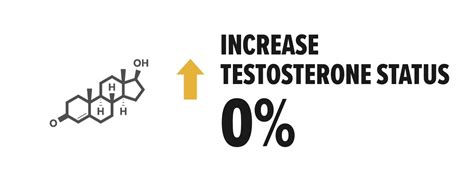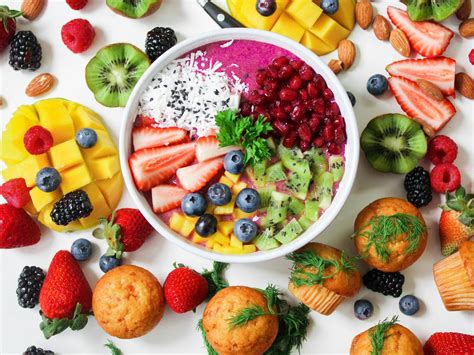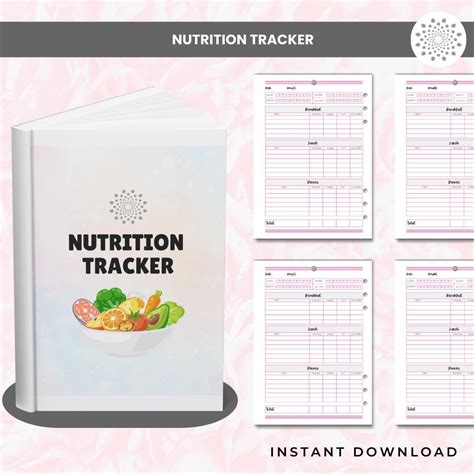Optimize nutrition for peak testosterone and energy?

The quest for peak physical and mental performance often leads us to explore various avenues, and among the most foundational is nutrition. For men, maintaining optimal testosterone levels and consistent energy is crucial for everything from muscle growth and mood regulation to libido and overall vitality. Far from being solely reliant on supplements or external interventions, our daily diet serves as the most powerful determinant of these critical biological functions.
The Foundation: Macronutrient Balance
Achieving peak testosterone and sustained energy begins with a well-balanced intake of macronutrients: proteins, fats, and carbohydrates. Protein is essential for muscle repair and growth, indirectly supporting testosterone production. Aim for high-quality sources like lean meats, poultry, fish, eggs, and legumes.
Healthy fats are perhaps the most underestimated component for hormonal health. Cholesterol, a precursor to testosterone, is derived from dietary fats. Incorporate monounsaturated and polyunsaturated fats found in avocados, nuts, seeds, olive oil, and fatty fish (like salmon and mackerel). Saturated fats in moderation from grass-fed sources can also play a role, but avoid trans fats entirely.
Complex carbohydrates provide the primary fuel source for energy. Unlike simple sugars that lead to energy crashes, whole grains, fruits, and vegetables offer sustained energy release, crucial for consistent performance and preventing cortisol spikes that can negatively impact testosterone.
![Free Printable Balanced Scorecard Templates [Excel, Word, PDF] Examples](/images/aHR0cHM6Ly90czEubW0uYmluZy5uZXQvdGg/aWQ9T0lQLldERHpyVDlubE9IMGJHRlFiZGpObGdIYUVLJnBpZD0xNS4x.webp)
Micronutrients: The Hidden Boosters
Beyond the macros, several micronutrients act as cofactors in testosterone synthesis and energy metabolism.
Zinc: This mineral is pivotal. Low zinc levels are directly linked to reduced testosterone. Excellent sources include oysters, red meat, poultry, beans, nuts, and dairy.
Vitamin D: Often dubbed the “sunshine vitamin,” Vitamin D functions more like a hormone in the body and is strongly correlated with testosterone levels. Sun exposure is ideal, but dietary sources like fatty fish, fortified foods, and supplements can help.

Magnesium: Involved in over 300 enzymatic reactions, magnesium is crucial for energy production and muscle function. It also helps increase free testosterone. Spinach, almonds, black beans, and avocados are rich sources.
B Vitamins: A complex of vitamins, particularly B6 and B12, plays a vital role in energy metabolism and can help reduce stress, which indirectly supports healthy hormone levels. Whole grains, leafy greens, and lean meats are good sources.
Foods to Embrace and Foods to Avoid
Embrace: Beyond individual nutrients, focus on a diet rich in whole, unprocessed foods. Leafy green vegetables (spinach, kale) provide nitrates for blood flow and various vitamins. Berries offer antioxidants. Garlic and onions contain compounds that may reduce cortisol.

Avoid (or limit heavily): Processed foods, excessive sugar, trans fats, and high amounts of refined carbohydrates can lead to inflammation, insulin resistance, and increased body fat—all detrimental to testosterone and energy levels. Excessive alcohol consumption also negatively impacts hormonal balance.
Hydration and Lifestyle Synergy
Adequate hydration is fundamental for all bodily functions, including energy production and nutrient transport. Water is not just a thirst quencher; it’s a vital component of metabolic health.
While nutrition is paramount, it’s part of a larger picture. Regular strength training and cardiovascular exercise stimulate testosterone production and improve energy utilization. Quality sleep (7-9 hours) is when most testosterone is produced, and chronic stress management is crucial, as high cortisol can suppress testosterone.

Crafting Your Optimal Nutritional Plan
Designing an eating plan focused on peak testosterone and energy involves consistency and personalization. Start by incorporating more whole foods, paying attention to protein and healthy fat intake, and ensuring a wide array of micronutrient-rich fruits and vegetables.
Consider tracking your food intake initially to identify gaps or excesses. Listen to your body’s signals regarding energy levels and overall well-being.

Optimizing nutrition is a powerful, proactive step towards achieving and maintaining peak testosterone levels and sustainable energy. By making informed dietary choices and coupling them with healthy lifestyle practices, you can unlock your body’s full potential, enhancing vitality, strength, and overall quality of life.








